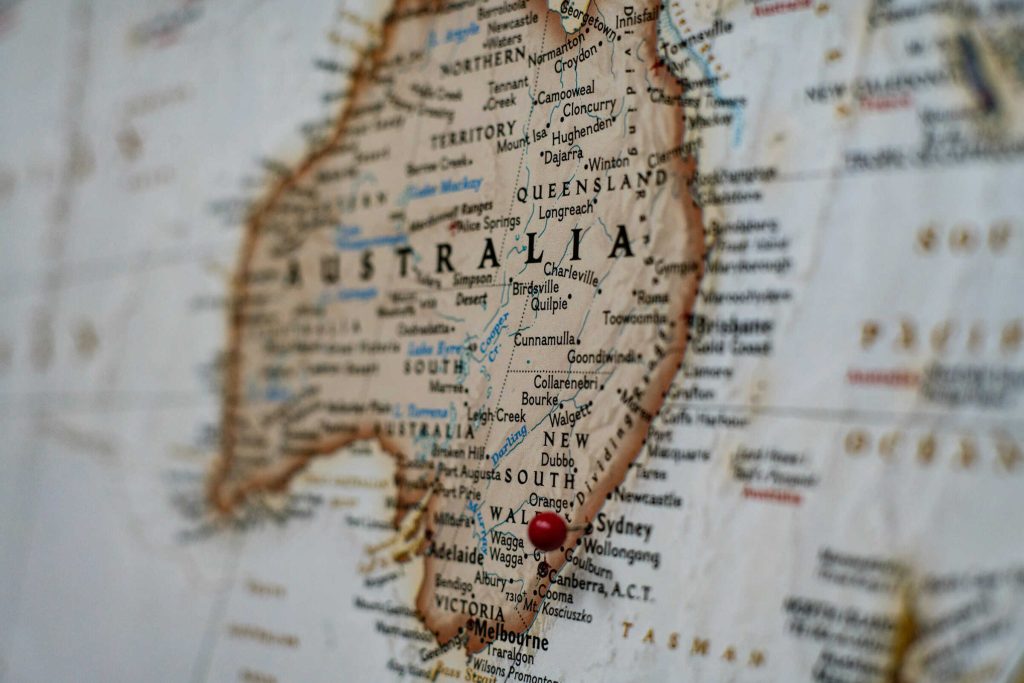Australia, with its diverse landscapes and opportunities, attracts individuals from all walks of life. Whether you’re drawn to its world-class education, thriving job market, or captivating natural beauty, obtaining the right visa is your key to unlocking these experiences. Navigating the Australian visa system can seem complex due to the array of visa categories and their specific requirements. This comprehensive guide delves deeper, providing detailed insights into document requirements, procedures, and crucial considerations for a successful visa application.
Matching Your Aspirations with the Right Visa:
Australia’s visa system caters to diverse purposes of travel. Here’s a closer look at some common categories and their core requirements:
- Visitor Visas (subclass 600): For tourism, visiting family, or conducting business, these visas offer varying durations of stay. Subcategories like Tourist Stream (apply outside Australia) and Sponsored Family Stream (sponsored by an eligible Australian relative) require demonstrating genuine intentions to visit temporarily, sufficient funds, and strong ties to your home country to ensure your return.
- Student Visas (subclass 500): This visa allows you to pursue studies in Australia at a registered institution. Confirmation of Enrolment (CoE) from your chosen institution, evidence of sufficient funds, English language proficiency test results, and Overseas Student Health Cover (OSHC) are essential. Genuine Temporary Entrant (GTE) requirement necessitates demonstrating a genuine intention to study and then return to your home country.
- Work Visas: This category encompasses numerous visa options depending on your skills, qualifications, and employment type. Skilled migration visas, like the Skilled Independent visa (subclass 189), require a positive skills assessment, meeting the points test, and being invited to apply. Employer-sponsored visas require nomination and sponsorship from an approved Australian employer.
- Partner Visas: For partners or spouses of Australian citizens, permanent residents, or eligible New Zealand citizens, these visas offer pathways to temporary or permanent residency. Evidence of a genuine and ongoing relationship through shared finances, cohabitation, and social aspects is crucial, along with meeting health and character requirements.
Core Document Requirements:

While specific documents vary across visa categories, several common elements form the basis of most applications:
- Passport: A valid passport with at least six months validity beyond your intended stay is crucial. Provide certified copies of all pages, including biographical details, visa stamps, and any amendments.
- Visa Application Form: Accuracy is paramount when completing the designated form for your chosen visa category. Utilize ImmiAccount for online applications or download and complete the relevant paper form.
- Identity Documentation: This typically includes a birth certificate to establish your identity and may involve additional documents like a national identity card or driver’s license.
- Character Assessment: A police certificate from your home country and any other country you’ve resided in for 12 months or more during the past ten years is typically required. This ensures you meet character requirements for entering Australia.
- Financial Capacity: Demonstrating your ability to support yourself financially during your stay is vital. Provide bank statements, employment contracts, tax records, or evidence of sponsorship from an eligible individual or organization.
- Health Requirements: Certain visa categories necessitate medical examinations and chest x-rays to ensure you meet health standards. This is particularly relevant for longer-stay visas or those involving close contact with vulnerable populations, such as healthcare or childcare.
- English Language Proficiency: For many visa categories, especially skilled migration and student visas, demonstrating English language proficiency through tests like IELTS, TOEFL, or PTE Academic is essential.
- Visa Application Fee: Payment is required for processing your application. Online applications facilitate payment through ImmiAccount, while other options might be available through the nearest Australian embassy or consulate.
Additional Documents for Specific Visa Categories:
- Student Visas: Confirmation of Enrolment (CoE), Overseas Student Health Cover (OSHC), evidence of academic qualifications, and a Genuine Temporary Entrant (GTE) statement outlining your genuine intention to study and return to your home country after completing your studies.
- Work Visas: Skills assessment results from a relevant assessing authority, employment references, and a detailed curriculum vitae highlighting your work experience and qualifications. For employer-sponsored visas, a nomination from an approved Australian employer is essential.
- Partner Visas: Extensive evidence of a genuine and ongoing relationship, including joint bank accounts, shared tenancy agreements, photos, travel itineraries, and statutory declarations from friends and family supporting the relationship’s legitimacy.
Document Verification and Certification:
Ensuring the authenticity of your documents is crucial for a successful visa application. Documents not in English require certified translations. Verification typically involves having copies of original documents certified as true copies by authorized individuals, such as:
- Australian Consular or Diplomatic Officer: Available at Australian embassies or consulates, offering a reliable option for document certification.
- Justice of the Peace: Widely available community members authorized to witness signatures and certify copies of documents.
- Notary Public: Legal professionals who can notarize documents and administer oaths.
- Other Authorized Professionals: This includes legal practitioners, medical practitioners, and members of professional accounting bodies, among others. Ensure the chosen certifier meets the specific requirements set by the Department of Home Affairs.
Verifying Your Documents:
Certifying your documents involves making copies and having them endorsed by an authorized individual who is neither a family member nor in a personal relationship with you. The certifier must be an Australian citizen or a citizen of your home country, belonging to specific professions listed by the Australian government (e.g., Justice of the Peace, legal practitioners, medical practitioners). They will confirm the authenticity of your documents with a statement and their signature, contact information, and date of verification.
Useful Resources:
- Department of Home Affairs: https://immi.homeaffairs.gov.au/
- ImmiAccount: https://online.immi.gov.au/lusc/login
- Visa Finder: https://immi.homeaffairs.gov.au/visas/getting-a-visa/visa-finder
Remember: This guide provides a general overview, and specific requirements may vary. Always refer to the official Department of Home Affairs website and consult with relevant authorities for the latest information and personalized guidance.















